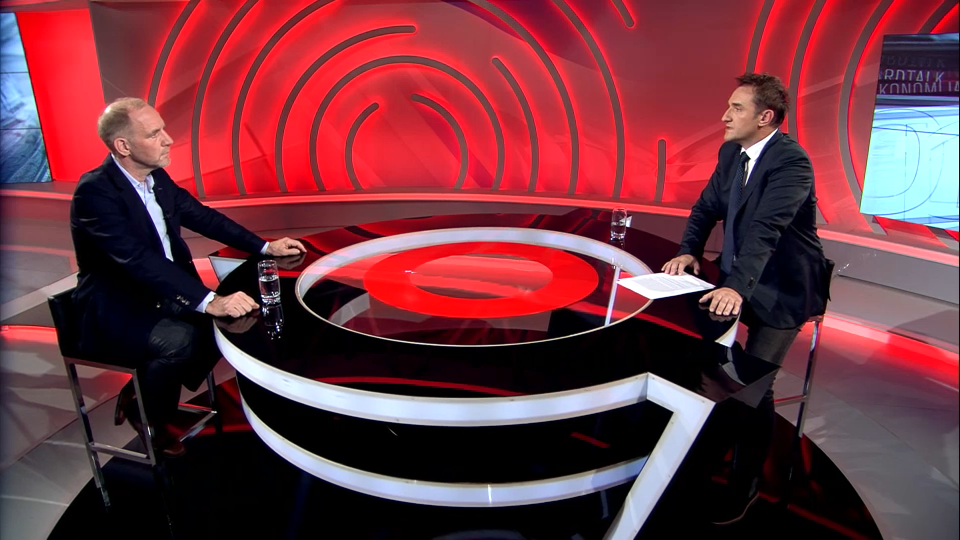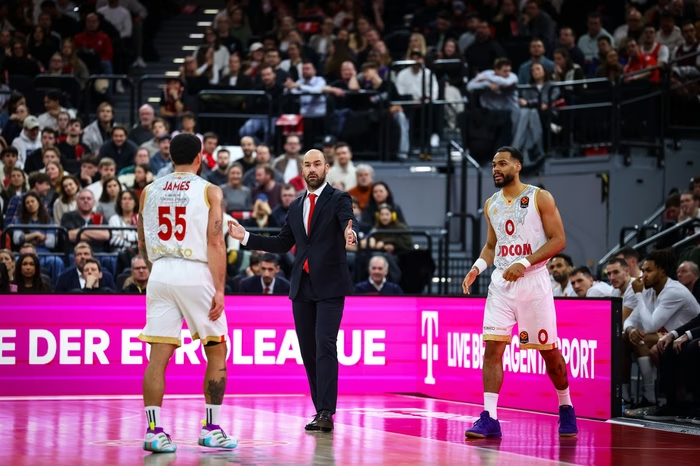Future of Western Balkans in the EU uncertain as integration hopes fade

The European Union is no longer sending a clear signal that it is ready to accept all Western Balkan countries into the bloc, even though this was once discussed as a future goal. Florian Bieber, a Western Balkans expert and university professor, expressed a pessimistic view during an interview with Pressing hard-talk show, suggesting that the region may end up in a situation similar to Turkey — with ongoing negotiations but little real progress towards EU membership.
Oglas
Bieber noted that while there was once optimism about the Western Balkans joining the EU together, this "big bang" scenario is no longer realistic. "We don’t see any indication that the EU is prepared to accept all countries at once. We’re closer to the pessimistic scenario, where the process remains symbolic and deadlocked," he said. This stalled progress has caused frustration among citizens, especially since countries like Bosnia and Herzegovina have been waiting for over two decades since the EU's 2003 Thessaloniki promise of future membership.
There was once talk of 2014 as a target year for EU enlargement, but now, 10 years later, little has changed. The 2030 date, which has been mentioned as a potential year for EU expansion, also seems uncertain. Bieber argues that such a date only makes sense if it’s tied to a clear roadmap. "If countries want to join the EU, it needs to be clear what they must do and by when," he said, adding that some countries like Montenegro and, at times, Albania and North Macedonia are further along in the process. However, for Bosnia and Herzegovina, Serbia, and Kosovo, the path remains much more complicated.
Bieber also highlighted the lack of accountability among political elites in the Western Balkans, who face no real consequences for the lack of progress towards EU membership. "Pressure needs to come from both the EU and citizens. If the political elite only act under pressure, they need to feel it from both sides," he emphasized.
Although citizens of the region largely remain committed to joining the EU, the same cannot always be said for political leaders. Bieber believes that while some politicians only pretend to push for EU integration, citizens are genuine in their desire to join the EU, as evidenced by the many who have moved to EU countries in search of better governance and living standards.
Bieber also addressed concerns about certain EU members, such as Hungary, where anti-Muslim sentiments and skepticism about enlargement have grown. He acknowledged Hungarian Prime Minister Viktor Orban’s stance but noted that this view does not reflect the broader EU. Countries like Austria, which has a large Bosnian community, remain supportive of Bosnia and Herzegovina's EU aspirations. While some EU countries remain neutral or cautious, Bieber stressed that opposition to enlargement is often more about prioritizing other issues rather than outright rejection.
In conclusion, Bieber argues that the future of the Western Balkans in the EU remains uncertain, with a lack of clear commitment from both the EU and the region’s political leaders. Without stronger pressure and a clearer plan, the dream of EU membership may remain out of reach for much of the region.
Kakvo je tvoje mišljenje o ovome?
Učestvuj u diskusiji ili pročitaj komentare
Oglas
Kakvo je tvoje mišljenje o ovome?
Učestvuj u diskusiji ili pročitaj komentare
Oglas





 Srbija
Srbija
 Hrvatska
Hrvatska
 Slovenija
Slovenija



























































